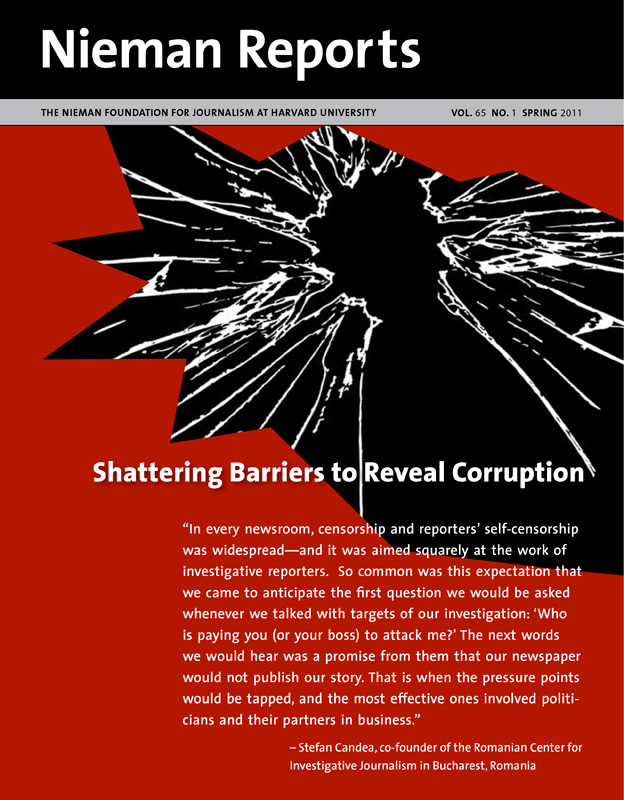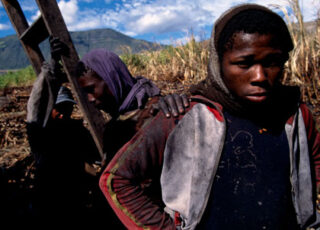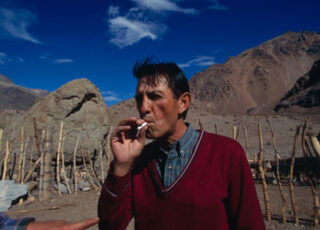ISSUE
Spring 2011

Shattering Barriers to Reveal Corruption
Barriers to reporting on corruption are numerous. Pushing past them can be risky, especially in countries where powerful interests are entrenched in business, media organizations, and government. Arrest. Legal action. Forced exile. Threats. Murder. Journalists face such dangers where the fear of what reporters might discover creates a climate of censorship and caution in newsrooms. Journalists describe the toll taken to tell stories about the corruption in their own backyards. Those who support their efforts speak to emerging strategies of training and assistance.


